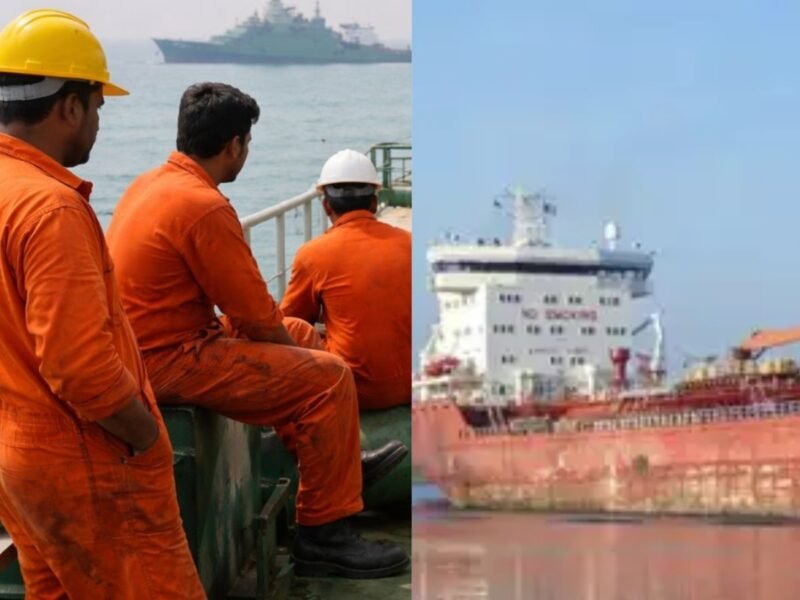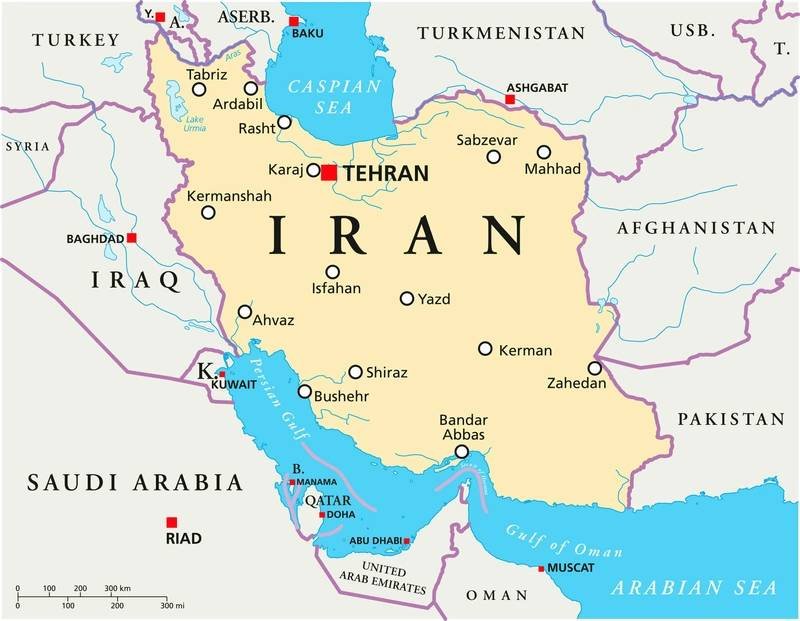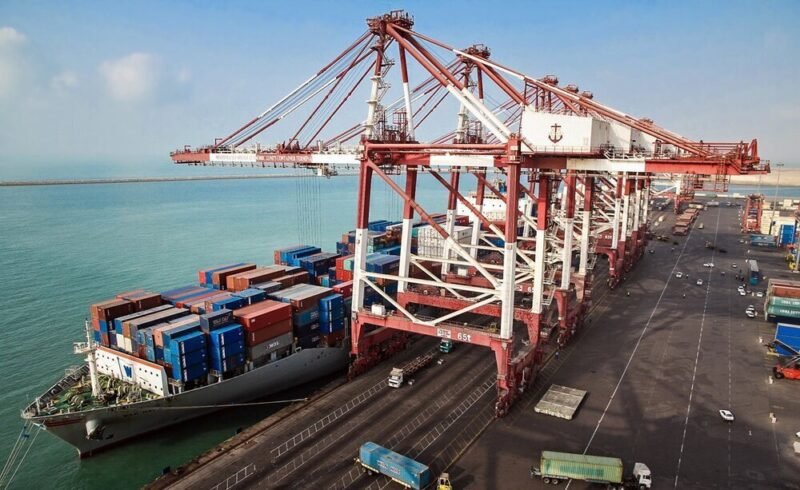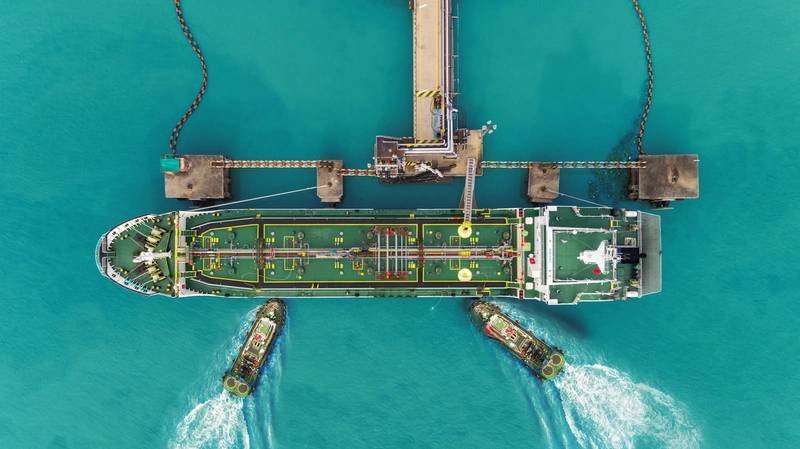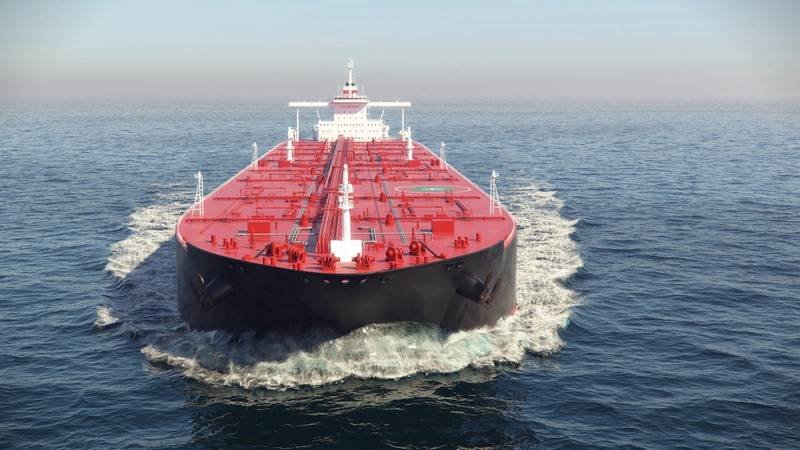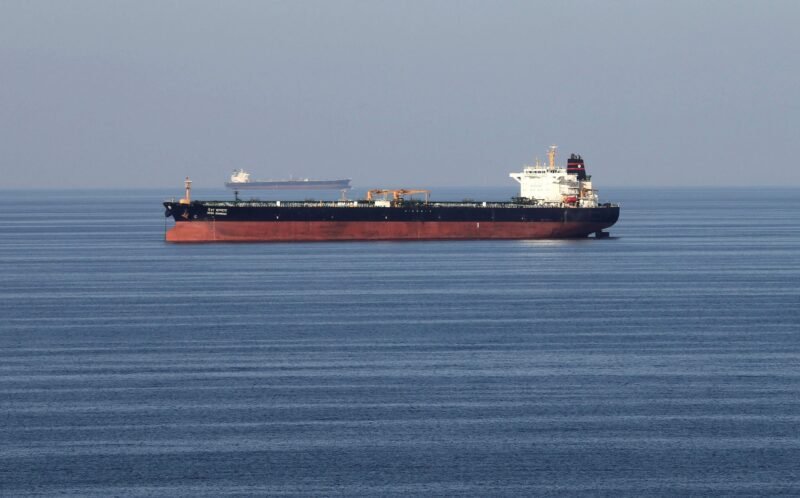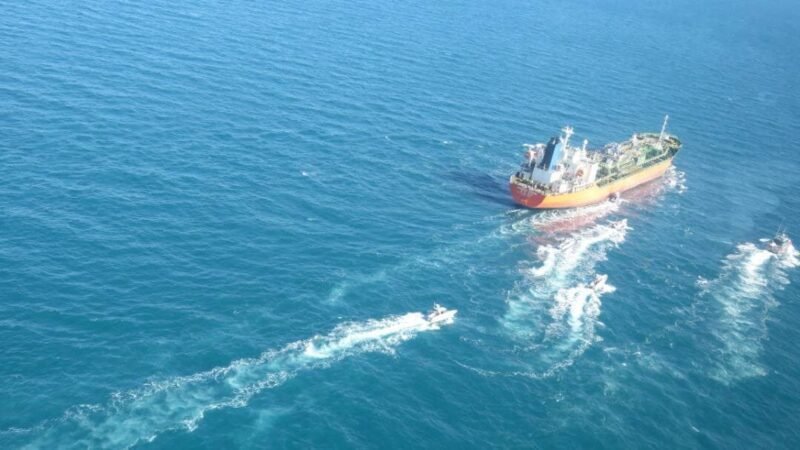Houthi fighters and their Iranian supporters are preparing for a prolonged confrontation with the US and its allies in the Red Sea, regardless of the outcome of the war between Israel and Hamas. They are bolstering their military and defense capabilities to continue attacking ships in the vital waterway, including fortifying mountain hideouts and testing unmanned ships. Saudi Arabia is concerned about potential sabotage of internet cables in the seabed, although there is no evidence of such a plan.
The attacks on ships have caused oil prices to rise and disrupted trade in the Red Sea. The US and Great Britain have responded with air strikes and a maritime operation to patrol the Red Sea, but the Houthis continue to target ships. The Houthis and Iran are seeking Western concessions unrelated to the Israeli-Hamas conflict, such as lifting sanctions on Iran and political recognition of the militant group. The Houthis seized control of Sanaa in 2014 and continue to hold large parts of Yemen.
The Houthis have consolidated their positions in mountainous regions, using them to hide missile stockpiles and target ships further out to sea. The US has indicated it will continue to attack the Houthis until they end their control of shipping in the Red Sea, but there are concerns about provoking the group into more aggressive actions. The situation presents a complex challenge for the US and its allies to navigate in the region.







